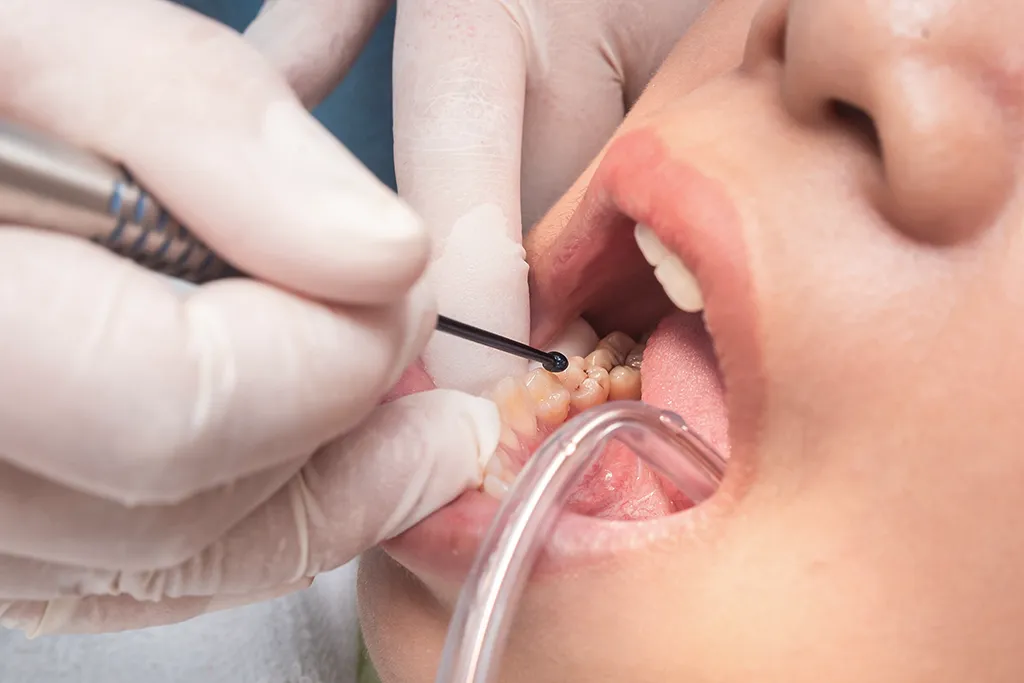Collagen is the body’s most abundant protein and a core component of connective tissue in skin, bones, tendons, ligaments, and blood vessels. It plays an important role in strength, elasticity, and structure throughout the body. As we age, collagen production declines, which can affect skin appearance, joint comfort, and recovery. This guide explains collagen synthesis, types, potential benefits of oral collagen supplements, how to choose products, and smart ways to support collagen production with a balanced diet.
Blog
Sleep is essential for your child’s health and development. If your child has disrupted sleep, it may be a sign of obstructive sleep apnea (OSA). In this condition, the airway becomes partially or completely blocked while the child sleeps.
Preventive Resin Restoration (PRR) is an advanced dental technique designed to protect teeth from decay. Especially in areas that are difficult to clean. It works when teeth have deep grooves called pits and fissures that are highly susceptible to decay.





